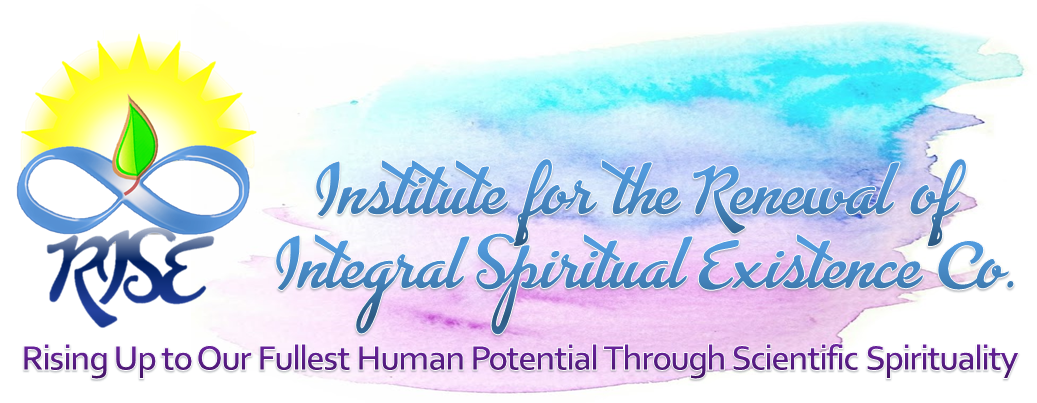The article explores ten critical moments when it is advisable to trust your intuition, highlighting the psychological insights behind gut feelings. It suggests that intuition can be particularly valuable when making difficult decisions, sensing danger, meeting new people, feeling off-balance, interpreting dreams, dealing with loss, recognizing when it’s time to move on, identifying underlying issues in seemingly perfect situations, addressing health concerns, and when intuition has consistently led to positive outcomes. By understanding and honoring these instincts, individuals can enhance their decision-making and navigate life’s challenges more effectively. Ultimately, the piece emphasizes that intuition serves as an internal compass, guiding us toward choices that align with our true selves.
Editor’s Note: Intuition serves as a vital inner compass, connecting us to a deeper understanding of ourselves and the universe. Spiritual traditions across the globe emphasize its significance; in Eastern philosophies like Buddhism and Taoism, intuition is cultivated through mindfulness, aligning individuals with the natural flow of life. Indigenous cultures regard it as a sacred gift, essential for maintaining harmony within nature and community. Similarly, Western mystics describe intuition as a divine voice guiding us toward wisdom. Albert Einstein captured this essence by expressing his belief in intuitions and inspirations, highlighting their role in creativity and innovation. By honoring our intuitive insights, we can navigate life’s challenges more effectively, making choices that resonate with our authentic selves and fostering a profound connection to the world around us.
Read Original Article
Read Online
Click the button below if you wish to read the article on the website where it was originally published.
Read Offline
Click the button below if you wish to read the article offline





